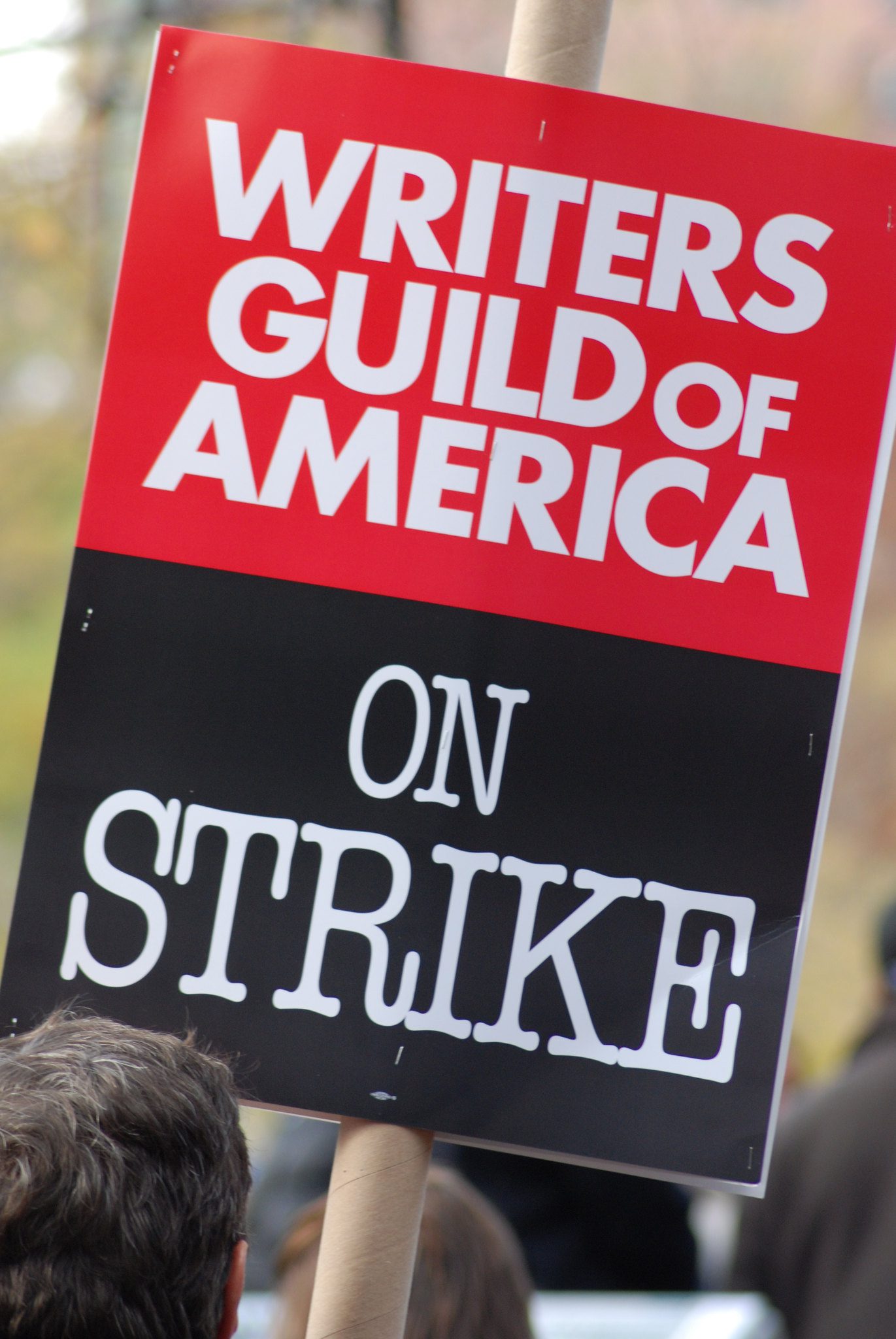Members of the Writers Guild of America began voting Tuesday on whether to authorize the union to call a strike if labor talks with Hollywood studios break down.
The strike-authorization vote began online Tuesday morning and will continue through Monday. If union members vote in favor, the WGA will be authorized to call a strike once the current labor contract with the studios expires on May 1.
The vote does not automatically mean a strike will occur, and strike- authorization votes are a common tactic employed by unions during labor talks to pressure employers.
“The studios need to respond to the crisis writers face,” the WGA stated on its Twitter page earlier this month in announcing plans for the vote. “WGA members must demonstrate our willingness to fight for the contract writers need and deserve by supporting a strike authorization vote.”
Officials with the Alliance of Motion Picture and Television Producers, which represents the studios, issued a statement saying, “The AMPTP companies approach this negotiation and the ones to follow with the long-term health and stability of the industry as our priority. We are all partners in charting the future of our business together and fully committed to reaching a mutually beneficial deal with each of our bargaining partners. The goal is to keep production active so that all of us can continue working and continue to deliver to consumers the best entertainment product available in the world.”
The WGA is pushing for increases in pay and residuals — particularly over streaming content.
The union called for the strike-authorization vote just two weeks after negotiations began with the AMPTP.
The WGA last went on strike in 2007-08, remaining off the job for 100 days and grinding production to a halt. That strike was precipitated over compensation for what was then termed “new media,” with Internet streaming beginning to reshape the entertainment landscape.
Various estimates from different organizations estimated that the 100- day strike cost the local economy between $2 billion and $3 billion.







